For the next few weeks, Dot Esports is profiling women working behind-the-scenes in esports. Each woman is an expert in her field, whether it’s navigating an emerging sector of the law, building out branding for their organization, or putting together some of the biggest esports events of the year. We’ll post a new profile each day, covering the women’s unique experiences in the esports industry.
Nicki Quinn didn’t have the most obvious path into esports. Now an esports project manager at Blizzard, she originally studied creative writing in college and wanted to write children’s books.
It was an internship at Blizzard in 2011 that really sparked her interest in working in games—something she already had a passion for. A year later she was working at Blizzard, where she’s been for more than six years.
Quinn moved over to the esports team in 2016 to work on Heroes of the Storm, and now helps manage all of Blizzard’s esports projects—from booking player travel to coordinating contracts. In a rapidly growing industry, Quinn is the glue that keeps Blizzard’s esports tournaments running. And through her course on esports project management at the University of California, Irvine, she’s teaching the next generation how as well.
This interview has been edited for length and clarity.
What does your job entail?
I’m a project manager on the esports team here at Blizzard Entertainment. I’ve been on the esports team almost three years now. When I first joined the team, I was focused on our Heroes of the Storm product as a project manager and about two years ago I transitioned to working on some cross-franchise projects, so that’s essentially supporting projects that touch all of our different franchises and all of our programs within esports.
What does your day-to-day look like?
As the project manager on the team, my role is really to support the various projects that I get assigned to. I have new ones that spin up throughout the year and then kind spin down and I’ll transition between different things. Instead of being focused on supporting a specific product, which a lot of our project managers on the team do, I get to work on a variety of products—I really enjoy that kind of flexibility.
On a day-to-day basis, I spend a lot of time in meetings. I get to work with people all over the company and it’s actually a really fun way to see how all the different departments work and what their styles are, what their communication is like. We learn and grow from each other. I spend my time in a lot of meetings as a project manager because I’m trying to save the rest of my team from having to be in meetings because there’s a lot of folks to talk to, lots of people want to work with esports and get to know us. I’m trying to free up some of the bandwidth for my team to be heads down at their desks building programs and focusing on our products. I’ll go take meetings, talk to our stakeholders, things like that. When I’m not in a meeting, when I’m at my desk, I’m often organizing our team. I like to call it detangling spaghetti because it kind of looks like a spaghetti mess when we first hop on a project. They’re like, “Wow, there’s a lot of great stuff here,” but it really needs to get organized for us to be effective.
I really love to sit down and get all of the details organized. So it’s meeting with a lot of different people on the team to hear their thoughts or views or opinions on how can we make Blizzard Esports even better and help partner with them to make those plans a reality. That might be looking at budget or different staffing people on the team, how did we take a creative vision from a whiteboard to something that actually ends up on a stage.
One of the ways I’ve actually described it to my friends is comparing project management to StarCraft. I will be honest with you, I am not the best StarCraft player by any means. I really love playing the campaign, but I feel like I’m much better at StarCraft real life, which is playing the strategy game of how do we make our project a success. That’s really balancing the micro and macro just like you would in a StarCraft game. I’m thinking about the long-term vision of what is my late game going to look like when I hit minute 15 or minute 20, or what’s my base going to look like, what’s my army look like, how many bases do I have. It’s really the best way for me to describe what I do is managing the day-to-day tasks, the resources, our meetings, as well as our long-term vision for how do we make things successful three, six, 12 months from today.
What is it that makes your job important?
I like to think of product managers as kind of the undercover ninjas that are secretly making everything successful. One of the best hands is going to be someone who you actually may not even know about they are so behind the scenes, laying this foundation for our team to build a house on top of. If their foundation is supported, everyone else can grow and do their jobs even better. If things are going well, if there aren’t as many roadblocks or challenges for the team, that’s when the project manager is really being successful. We’re the glue that holds a house together. You may not see that when you look at the final product—like how you might not see the nails or the glue—you see this beautiful piece of architecture, but we’re definitely there. We’re holding all these disparate pieces together and making sure it stays standing as long as possible.
What was your career trajectory?
I do not have the most linear trajectory to the role I’m in today. If you’d asked me in college if I would be in esports or project management or at Blizzard, I would have been like, “Oh man, you’re crazy.” I actually went to college to study creative writing. I always thought I would grow up to be a writer and work on novels. I actually really wanted to work on children’s books. I love to draw and write.
So I was studying creative writing at Chapman University and while I was there I was trying to find internship opportunities. One of my fellow students said, “Hey, do you know about this company called Blizzard?” I was like, “Are you asking me about video games?” They’re like, “Yes.” I was like, “Oh my God, yes, of course I know Blizzard.” They’re like, “Well, they have internships.” I was lucky enough in between my junior and senior year of college to get an internship with our quality assurance department at Blizzard. I came here during my summer months and actually worked on Diablo 3 before it was live. That was such a mind-blowing experience.
I distinctly remember some of my first days here at the Blizzard campus, I went to orientation and I was getting used to everything and meeting all these people who are essentially my heroes. And I was waiting in line for lunch and I hear the person in front of me order and they turn around with their sandwich and it’s Mike Morhaime and I remember just like melting into a puddle. It really sold me on coming to Blizzard because it was really great that the campus felt like a family. It felt like you could see anybody on any day and you could collaborate, our voices mattered. It was just really this unique and magical experience.
After my internship I went back and told my parents, “Hey, I’m graduating and I’m going straight to Blizzard, like I don’t even want to think about working anywhere else. This is where I was meant to be.” That’s exactly what I did. I went back to school and wrapped up my senior year. I graduated with my creative writing degree, and then a month after graduation I came back to Blizzard and I joined our quality assurance department. While I was there, I got to work on World of Warcraft which was also really special for me because I played a variety of Blizzard games growing up as a kid. I remember playing Diablo with my dad together, because I was so young I wasn’t really great at the controls, so we played Diablo together. Then once I got older, we were playing WoW together. I played a lot of WoW growing up, so much so that my brother was like, “I want to play,” and he hopped in with me, and then the whole family was playing except for my mom. She was like, “Well, if everyone’s into World of Warcraft, I want to be in World of Warcraft,” so my mom jumped in and she was the most adorable, pink-haired gnome. Forever level one, but I love her for it.

I was super stoked to work on WoW while I was on the quality assurance team. Once I came to Blizzard, I thought, “Do I really want to join the writing department? I’m really passionate about writing, I have a degree in writing.” So I started talking to that team and working with them but I quickly realized that writing was a passion or a hobby for me and I wanted to keep it a hobby.
Then I started looking for some other areas I could be involved in at Blizzard. That’s how I discovered production or project management. I was lucky enough to dip my toes into the experience of project management with our business intelligence group. They were focused on data and analytics for our game design as well as our financials of the company. I had no prior experience in big data analytics or anything like that, but I learned so much on the team. I was there for about two years and I decided that I really wanted to continue to push myself and my career and see what else I could do to keep building my portfolio, keep challenging myself. The BI team is a very back-end team, we primarily serviced other parts of the company. I said, you know what, I really want to work for a customer-facing team, somewhere where I can work with our players more directly and kind of support their wants and needs at the company. That’s how I got drawn to esports where I’ve been for three years now.
I continued to do project management with esports and the esports team was pretty small at the time, we’ve grown incredibly over the last few years. When I first joined I got to focus on a specific product, which was Heroes of the Storm. As the team’s grown we’ve continued to identify different areas of esports that we want to grow and support. Right now I work on our shared resources or cross-franchise team, and we do a lot of really cool things like booking travel and hospitality for our players, coordinating payments and contracts, and we manage a lot of different vendors over there. That’s the team that I’m with now.
Do you feel like you’ve learned most of the skills for your job while in this position?
Yes, absolutely. I think Blizzard has been awesome in supporting my growth and education as a professional but also as a project manager. That’s something that’s important to me as an individual. One of my favorite core values here at Blizzard is “learn and grow.” Even outside of Blizzard, I love to continue to learn and grow. I pursued a lot of classes, I would pick up project management books and read those. But I’d say a lot of my growth and experiences really happened on the projects that my managers trusted me with here at Blizzard.
Something that’s really become more prevalent in this past year, and I expect to see it continue to grow, is a lot of universities are hopping in and starting to support project management and games. More specifically, project management in esports. I actually teach a project management class for esports through UCI, which is the local university here in Irvine.
What do you teach your students?
There’s so much to encompass in a single course and I really want to set them up for success. There’s some key pillars of project management, especially in esports, but I think the number one thing that was important for me to teach our students is to build a portfolio. A lot of people think that you only need a portfolio if you’re going into more of a creative role such as an artist, but I think it’s valuable no matter what role you’re going to be in. You should have a really clear body of work that kind of emphasizes what you’re passionate about and some of your past experiences.
I had my students build a portfolio over the six weeks of the class that they can take away and bring with them if they ever wanted to apply to the games industry. Things like building on experiences, learning how to build documentation, work with your stakeholders, so they actually have something really tangible after the class that they can continue to use.
What does a portfolio for project management look like?
A lot of people put in their basic work experience, which is great, but I think the most important thing is to really highlight and have fun with the portfolio itself. Things like adding a little bit of color, a few photos—show people some of your experiences visually too.
As part of the actual work experience, a lot of people who are applying to be in esports will say “I ran this tournament at my university or within my community,” which is awesome, but I love to see people think outside the box. My first portfolio that I ever built to get a job in project management actually had a table of contents that was the core values here at Blizzard. I went through each of the core values and said these are all the projects that I’ve worked on that kind of embody “lead responsibly” or “learn and grow.” A good example of one that I put in there for “embrace your inner geek” was my costuming. I did a lot of cosplay before I came to Blizzard. I love to create costumes for all of the awesome characters here and so I included a picture and I said, “Here’s how I mapped out a costume,” and it’s just like mapping out a project. I had a budget, I had a timeline, I had all of these resources that I had to manage, and so I had a lot of fun with it. People who are looking to build a portfolio or come to games have a lot more material than I think they realize that they can highlight, because we love to see people geek out just in the same way that we geek out here at Blizzard.

What other advice would you give to people looking to get into a position similar to yours?
Outside of some of the more obvious stuff that you hear all the time, like get involved or find opportunities in your community—I think those are all fantastic and I don’t want to undermine those by any means, but I know that’s not something that everyone can do. Some people are maybe coming from a smaller town which may not have the most active esports scene.
There are two major things, I would say. One, find a way to blend your passions, the things that you really care about, with your future career. If you’re really passionate about esports and maybe you’re really good at art, find a way to blend art and esports. One of my favorite examples is the esports lawyer on Twitter, he does a lot of law and advising for professional players who maybe haven’t ever signed a contract before. I was like, what a cool way to blend something that you’re passionate about with the community that you’re also passionate about. There are a lot of different ways to blend your personal interests with a future career in esports or video games.
The second thing is look for things in esports or games that don’t exist today that you wish existed. Maybe there are opportunities out there to build something totally new or something from scratch and really showcase how much you’re invested in the community. There’s no rules, so you can just go out and build something that you’re really passionate about. A lot of people look at the existing environment and try to figure out a way for them to plug into that environment, but I think we can do even more. We can think outside of the box. The esports industry is growing like crazy and there’s so much more that we can do, and so I really encourage people to think about what we’re not yet doing that we should be doing.
What would you say the landscape is like now for women in esports?
Actually I think it’s really exciting. What really drew me to come to the esports team here at Blizzard was how many incredible women we have on this team. One of the things that really impressed me was the amount of women in leadership on our team and the projects they had initiated, the team that they were growing. They had this incredible community and I said, “I want to be part of that, I want to work with women like this and learn from them.” I think that extends even outside of Blizzard. We have so many incredible women involved in esports, whether they’re players or talent or involved in team management—maybe they’re organizing communities on their local campuses—and they’re so inspirational. I think they’re continuing to build this foundation and community for more women to jump in and not only get involved in the projects that exist today but also start to build that landscape for new things that we haven’t yet built.


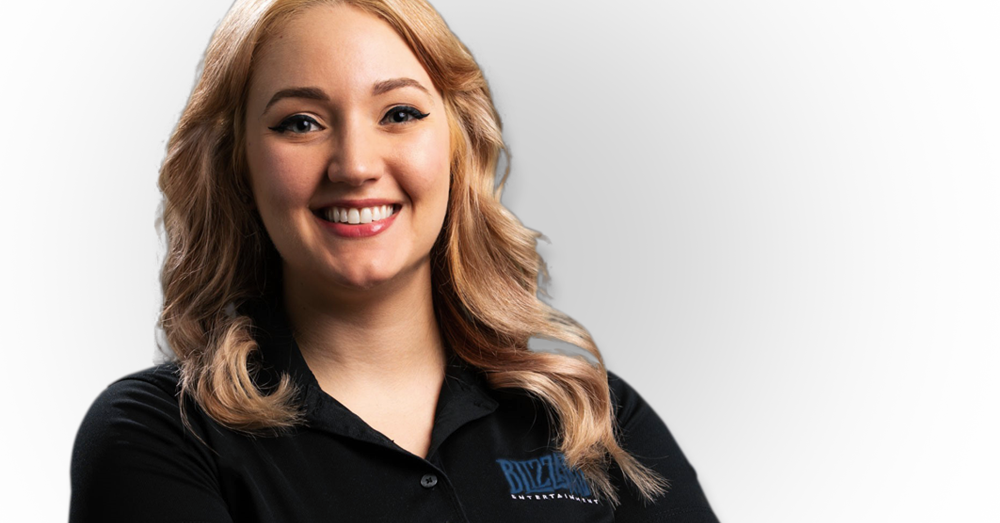
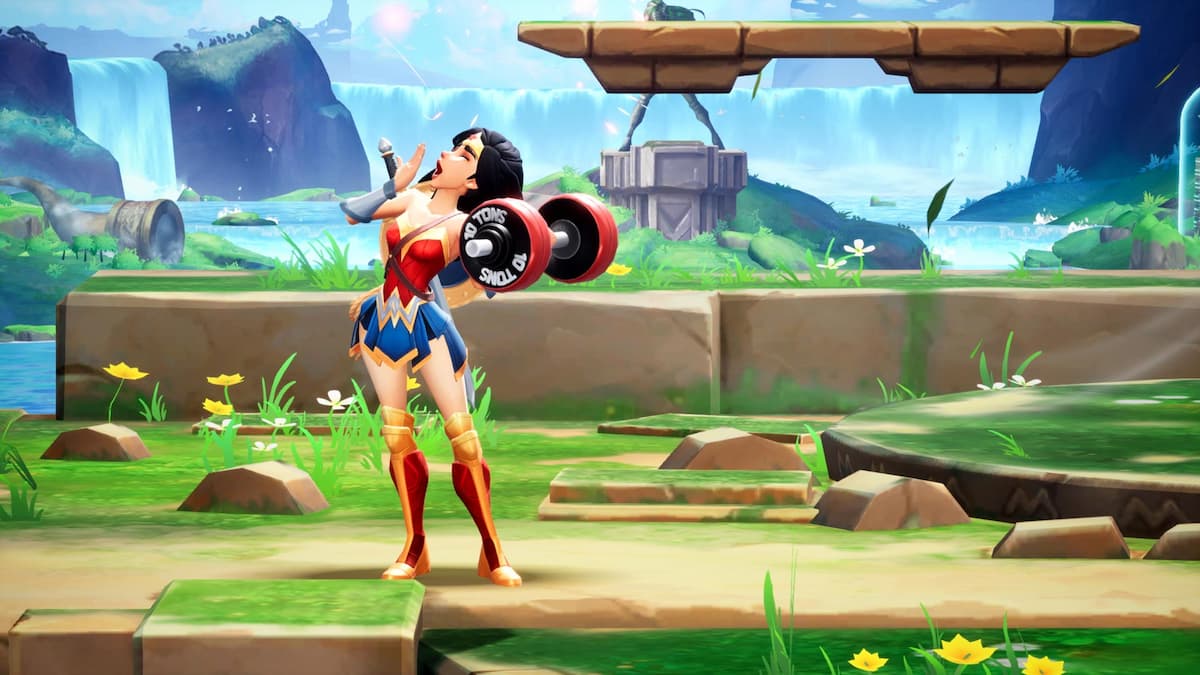

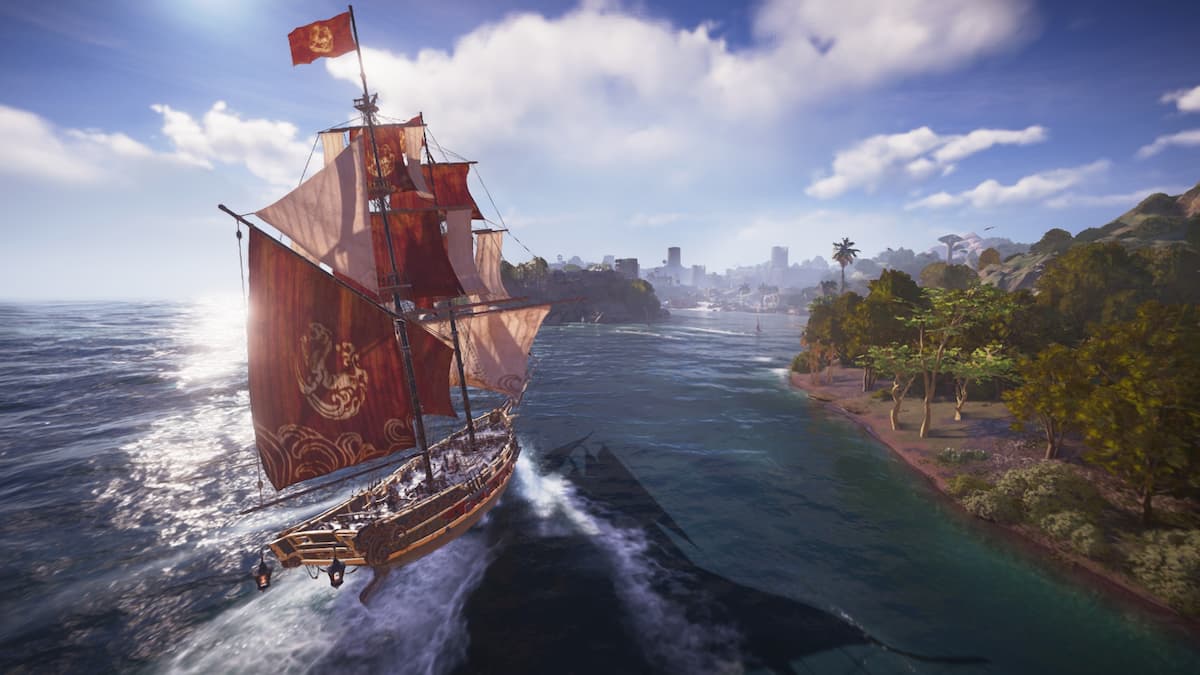
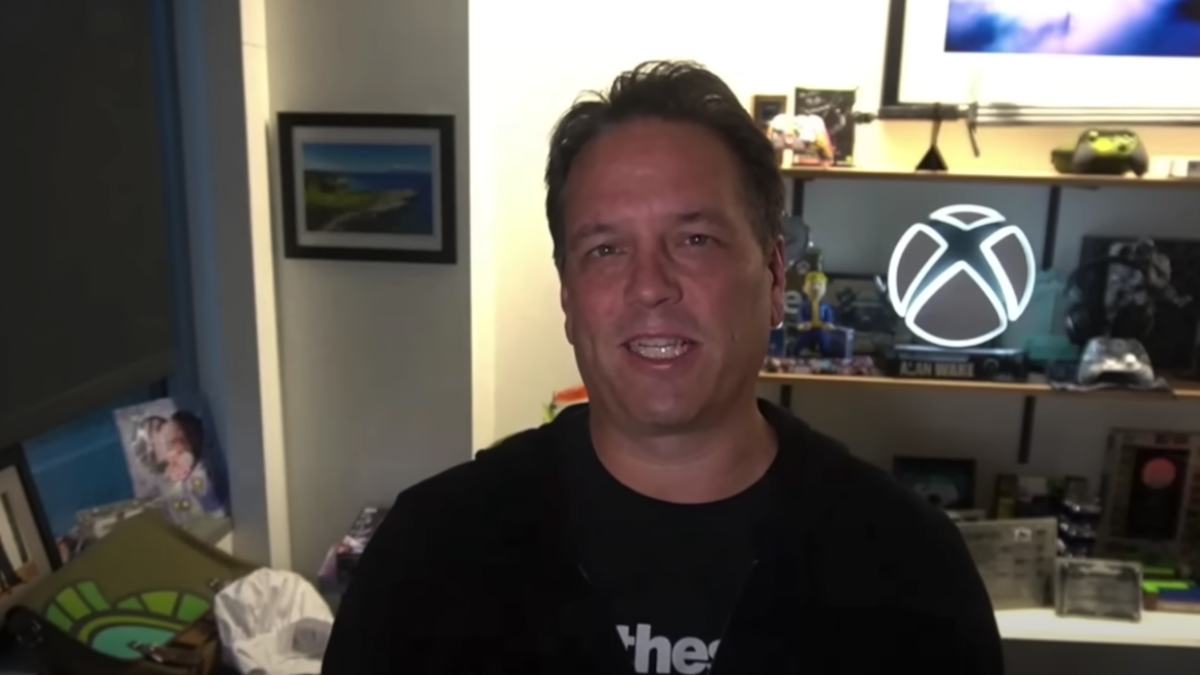
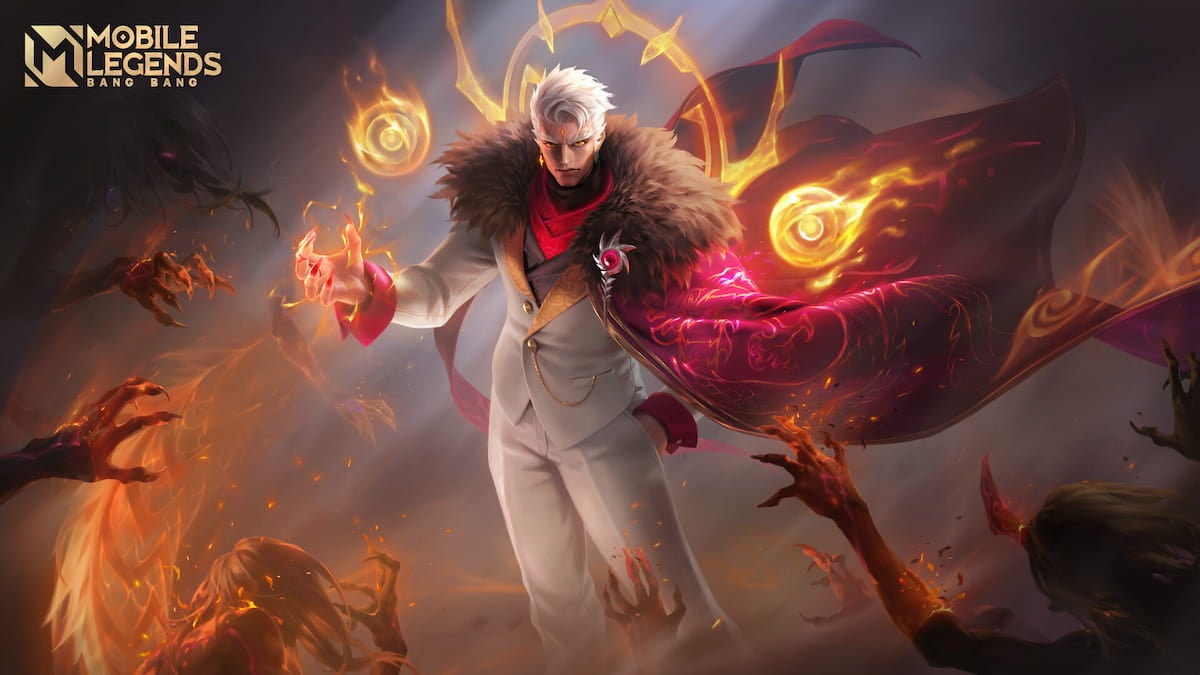
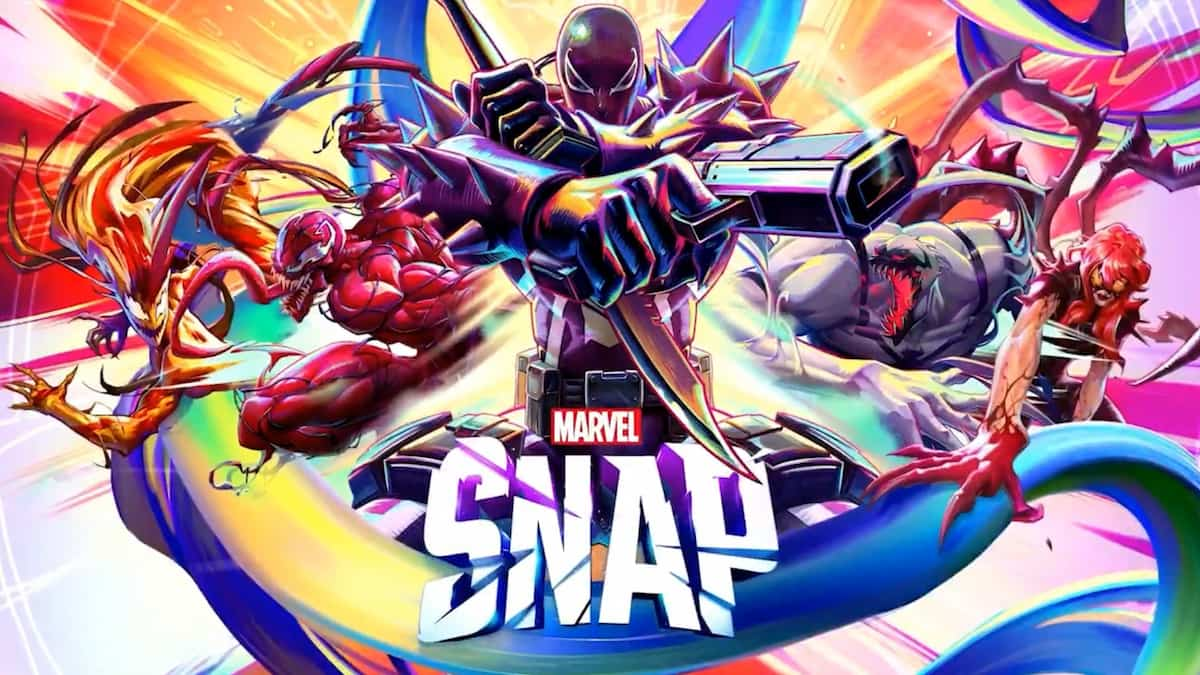
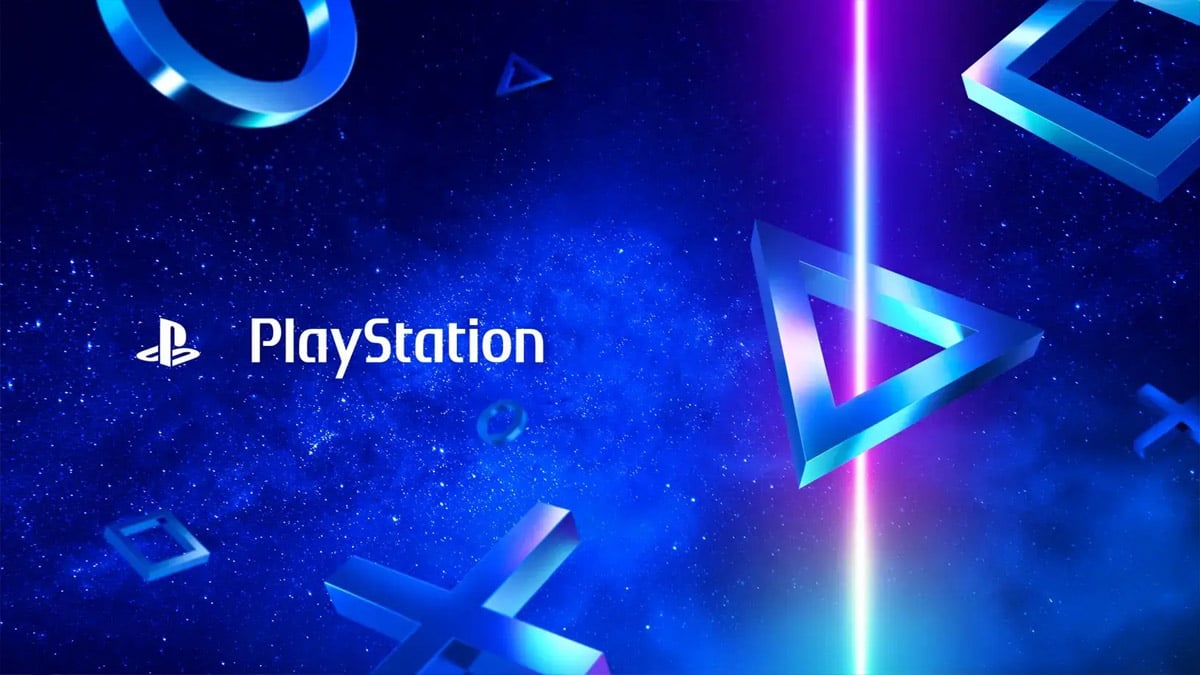
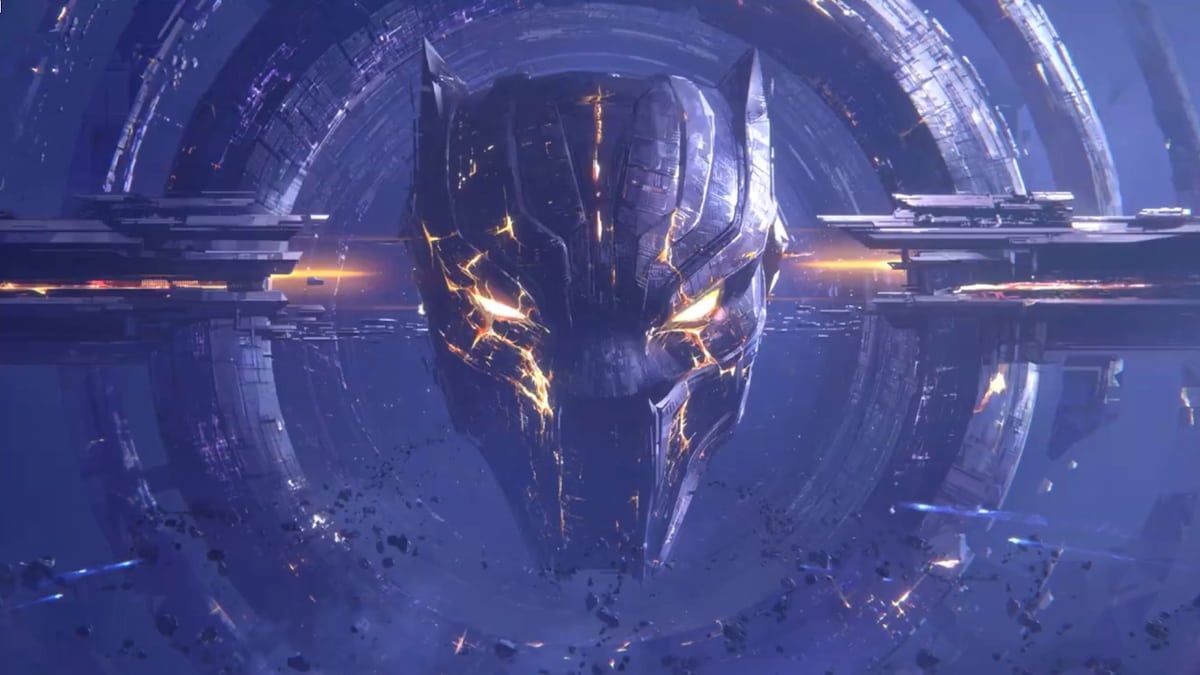

Published: Dec 26, 2018 02:01 pm